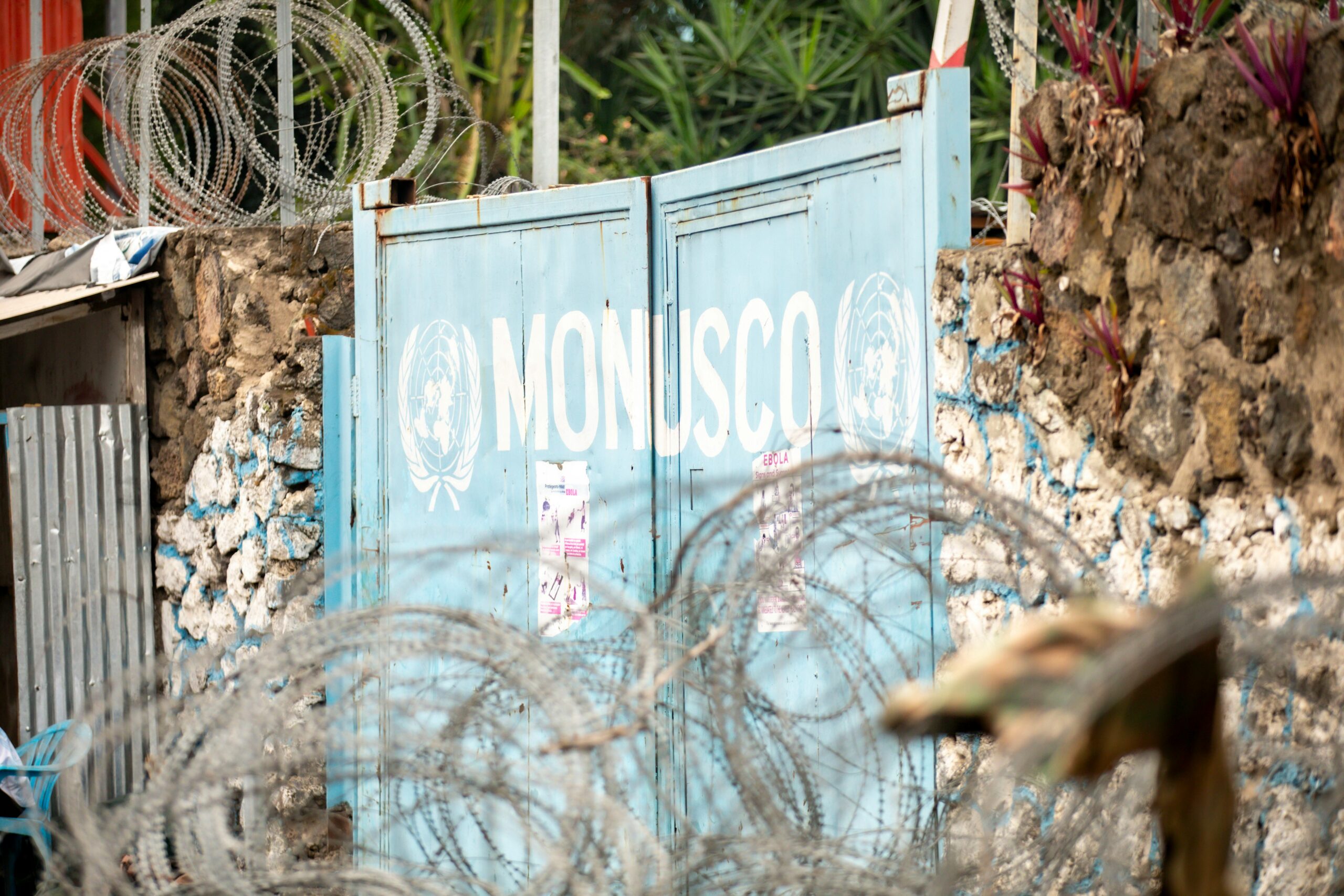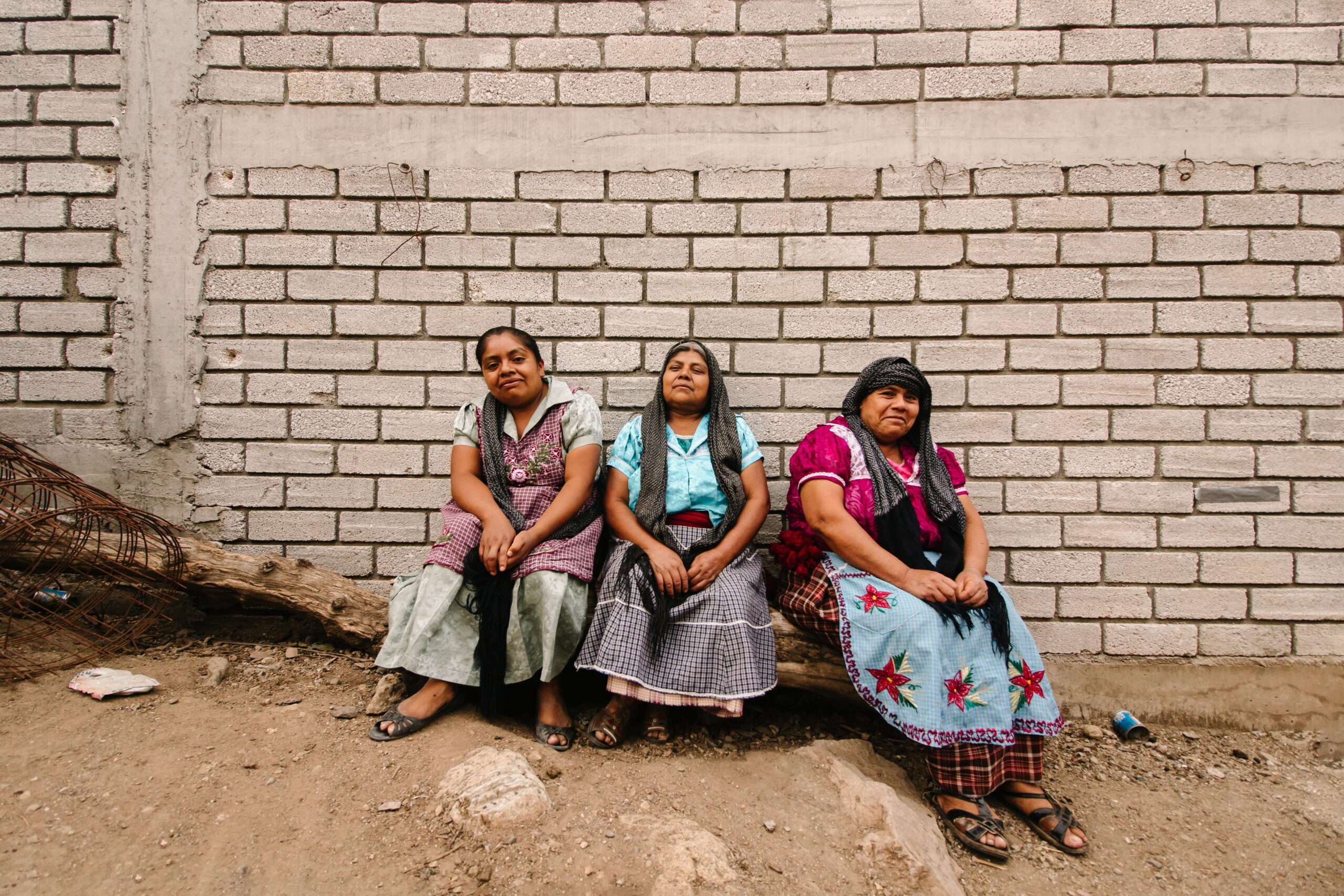By Tim Neuhaus
The EU has a highly restrictive migration and visa regime. Almost only citizens from the Global North do not require a visa to enter Europe. At the same time, the EU is increasing its “border management” to stop refugees who have been framed as a threat from entering the EU. Fences are being erected, and refugees are drowning in the Mediterranean Sea. On the other hand, EU citizens are not facing the same amount of restrictions when travelling or moving to other parts of the world. This inequality in mobility between the Global South and the Global North creates an apartheid mobility regime.
While the EU is, in a neo-colonial way, is keeping people from the Global South outside of its borders, it lets some of them through to exploit them. In the EU countries, hundreds of thousands of non-national seasonal workers are being employed every year. This is a common practice in the agricultural sector. These seasonal workers can be EU nationals or non-EU nationals. Under EU law, the prior have equal rights to host national workers, which are
guaranteed to them under the EU’s right to freedom of movement. The other has the right to equal treatment in respect of employment. This, in theory, guarantees them a fair degree of protection and safety in practice, but in reality, it often turns out to be very different. One reason for this is that schemes to evade the rules exist.
Every once in a while, as showed in a recent report, newspaper and media denonce that seasonal workers are being exploited in agricultural industries in the EU. This can, for example, be the blueberry industry in Sweden, the Strawberry industry in Huelva (Spain), or on Italian tomato farms. There, non-national seasonal workers face slavery-like working conditions in many cases. On the Swedish Blueberry farms, Thai workers collect blueberries for 12 hours a day for weeks without a single day off to, in the end, be sent home with less than 30 Euros. In Huelva, seasonal workers live in places “with far worse conditions than a refugee camp, without running water, electricity or sanitation”. And on Italian tomato farms, several seasonal workers have died.
As power relations between seasonal workers and their employers are in favour of the employee, this becomes possible. Seasonal workers, in many cases, do not speak the language of the country they are working in, are not being informed about their rights, and are in a financial position that makes it hard to resist these inequalities or escape. Female seasonal workers seem to be hit by this the strongest, which brings a gender aspect to this exploitation.
To most EU citizens, these practices and the seasonal workers remain invisible to them in their daily lives. Anyways, there has been reporting on the issue for years, and there should have been the possibility to improve rules or better enforce existing ones. Unfortunately, this does not seem to have been on the agenda of officials as the exploitation schemes are still running. It could be argued that the inaction is a sign that the situation seems to have become normalised, in a similar way to the visa regime of the EU, which has become something completely normal that is taken for granted.
At the same time, people from the Global South who are in a good financial situation are more likely to be able to handle the very long and bureaucratic visa process of the EU or simply buy themselves into the EU. Clearly, these people are not forced to become a seasonal worker. Therefore, exploitation of seasonal workers becomes possible due to the capital inequality between them and their exploiter. The neocolonial regime of mobility is, thus, not only based on racism but also on the power that capital has.
The abuse of seasonal workers in the EU is another fitting piece of the puzzle of the apartheid regime of mobility that the EU and other countries of the Global North are running. The EU gives mobility to people from the Global South who do not possess capital only to exploit them, letting them do the work that Europeans don’t want to do themselves.




